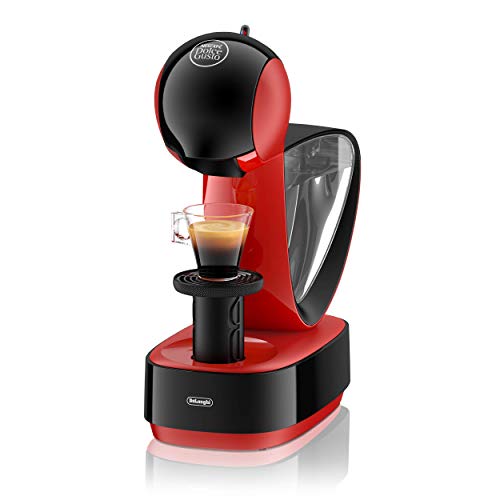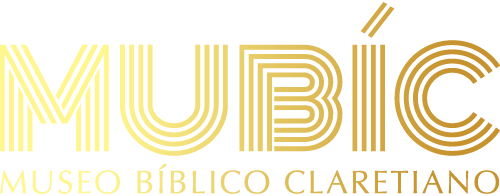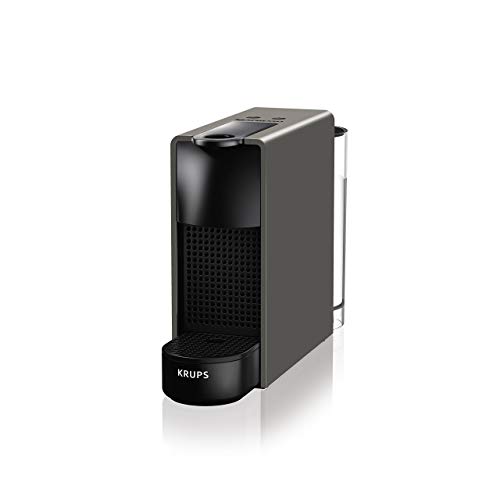



Foro
About Me
How to Choose Between Bean-To-Cup and Pod Coffee Machines
 Pod coffee machines use pre-ground coffee, which is sealed in a single-serving pod or capsule machine coffee. It's simple to use - simply fill the water tank and then insert the capsule coffee maker.
Pod coffee machines use pre-ground coffee, which is sealed in a single-serving pod or capsule machine coffee. It's simple to use - simply fill the water tank and then insert the capsule coffee maker.
It's not as fresh tasting than filter or ground coffee, but still suitable for the majority of people. They also cut down on cleaning and maintenance.
Cost
If you're considering buying an espresso machine for your home use, it is important to be aware of the distinction in the initial and ongoing costs between pod machines and bean-to-cup machines. Coffee pods are often more expensive than whole beans. They also generate more waste than any other method of brewing. This can lead to environmental concerns. The best method of choosing the best coffee maker is to consider the advantages and disadvantages of each alternative. The best choice will depend on your personal preferences and preferences.
Pod machines are typically less expensive than bean-to-cup machines however, their operating costs are more expensive. The cost of buying and re-using coffee pods can quickly add up. A pod coffee maker will also require more maintenance, for example, cleaning out the grinder and the brewing mechanism. A bean-to-cup machine, however generally requires less frequent cleaning and maintenance.
The impact on the environment of pod capsule coffee machine machines is a subject of debate. Many have expressed concern that they are more destructive to the environment than other coffee-making machines. Many people have claimed that the plastic used to make coffee pods was not recyclable. However, research has revealed that pods themselves aren't as squanderful as was previously thought.
Some coffee pods can be composted and used to enrich soil, or they can decay to create space for other products. Others are made of recycled plastics, which can be disposed of at landfills or food waste bins. Some companies produce 100 organic, compostable pods.
Although the majority of coffee pods are made of plastic, some are also made from aluminium or glass. Most recycling plants do not accept these as they are difficult to recycle. The coffee pods' plastic is the most significant source of waste from these machines, but the glass and aluminium could end up in landfills or oceans. The number of plastics which can be recycled has grown, and new recycling schemes are being developed to allow these materials to be reused.
Freshness
There are a lot of options available when it comes to brew coffee, however a coffee pod machine is the best coffee machines with pods option when you're looking for an efficient and simple method to make coffee with no mess. These machines can make delicious cups of coffee in just a few minutes, and they are available in a wide variety of flavors. They are also more efficient compared to traditional filter Coffee Machine And Pods machines which require grinding beans and boiling of water.
However the convenience of a pod of coffee is not the only reason why people want to use them. They are also environmentally friendly. According to a study conducted by Ocean Conservancy, brewing one cup of coffee using pod makers produces less greenhouse gas than brewing it with a filter. However, many consumers are still concerned about the environmental impact of the single-use coffee pods.
The majority of pods are made from plastic and, despite being recyclable however, only a small percentage is. They also cause environmental harm in other ways, including contaminating landfills and waterways. Many cities have banned the use of coffee pods. Fortunately, companies like Keurig and Nespresso offer free recycling bags and pre-paid UPS labels for returning used capsules. Furthermore, the company's aluminum pods are recyclable, though they may have to be thoroughly cleaned of coffee residue before recycling facilities are able to use them.
Certain brands of coffee pods also contain a "best capsule coffee machine before" date on the product. This indicates that the coffee pods have not been brewed to their best ability however, they can still be consumed after this date. Generally these dates are displayed on the box of the coffee pods, or on the packaging they are shipped.
Although the environmental impact of coffee pods differs, the majority of them have coffee that is produced and processed in a sustainable manner. Furthermore the use of a pod-based coffee maker can reduce waste and energy, and each pod makes only one cup of coffee. Nonetheless, there are several disadvantages of pod coffee makers like the requirement for regular maintenance and higher prices than traditional filter machines.
Convenience
If you love coffee but don't have time to make it, a pod machine could be the solution. These machines eliminate the hassle of grinding beans and measuring water, tamping and pressing buttons. These machines also offer various drinks, including hot chocolate and tea. These conveniences can come at costs: they could adversely impact the environment. Many consumers are concerned about the fact that they are disposable products. There are methods to reduce the environmental impact of coffee pods and cups. GreenPods, for example is a new product made from compostable material that will decompose in two months. It's much better than conventional pods or capsules, which may take up to 500-years to decompose.
A coffee pod machine is more expensive than other brewing methods. It might not have the same quality and taste as a machine that brews beans in a cup. If you want to make use of a variety of pods, you will require a separate machine for each.
Pod coffee machines are available in various varieties, from basic models to premium espresso and latte makers. When selecting a machine take into consideration your budget and the counter space available. Some models are smaller and more affordable than others, and some come with extra features, such as a milk maker. It is also important to determine how often you'll use the machine and what features are most important to you.
The best coffee maker will make your homebrewing experience more enjoyable. You'll find many different models to pick from, but picking the right one can be difficult. The top coffee makers will be able to provide the quality you're looking to achieve and blend perfectly into your kitchen. You'll also want a machine that is easy to use and maintain.
A bean-to cup machine can change your morning routine regardless of whether you're an avid coffee drinker. These machines grind and brew coffee beans in the proper proportion to make a rich and flavorful beverage. They also allow you to save money in the long run by reducing the need for preground coffee and pods.
Environmental impact
A pod coffee maker makes use of capsules that are pre-packaged and ready to make a cup of hot coffee. It is an increasingly popular option for those who want to avoid wasting time grinding beans and measuring their own coffee grounds. There are some concerns about this type of machine's environmental impact. A recent study by environmental engineers found that coffee machines produce lots of waste, including plastic and metal that aren't biodegradable. Many people are also concerned that the machines use excessive energy.
The study, published earlier this month examined the emissions generated by filters, French press, instant and single-use coffee pods. The study concluded that if people didn't over-fill their pods, and used electric and water sparingly, then they might be more sustainable for the earth than drip brewing.
It's important to consider the bigger picture, however when analyzing these results, says Boykoff. He says that this type of media coverage can make us forget about the major sources of carbon emissions which are more significant than your morning cup of coffee.
One of the major problems is that a lot of these pods with a single use aren't recyclable. Although companies like Keurig and Nespresso claim that their pods are recyclable, the truth is that they have to be broken down into components before they can be recycled. That means that a lot of coffee pods end up in landfills, where they contribute to pollution.
The new pod that can be reused PodMkr is made from a flexible material that allows for full and easy recycling. It is available for a variety of models and brands of coffee makers, and can be purchased from the company's website. The company hopes to encourage consumers to choose greener alternatives from single-use pods.
It is possible to recycle used pods but it's a challenge to find a place in your local recycling system. An alternative is a machine that grinds beans to cups which grinds the beans on-demand and eliminates the need for single-use pods. It is also a cheaper option in the long run since it reduces waste to the environment and is more affordable to maintain.
Location
Occupation
Latest Post: Nuevo Testamento Our newest member: MortisRib Recent Posts Unread Posts Tags
Forum Icons: Forum contains no unread posts Forum contains unread posts
Topic Icons: Not Replied Replied Active Hot Sticky Unapproved Solved Private Closed



